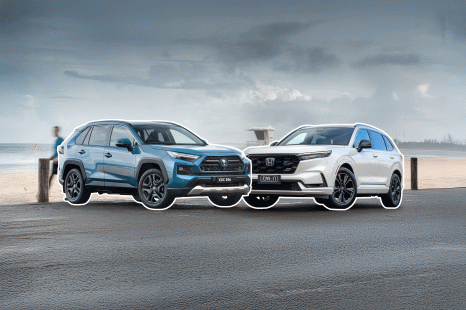

Andrew Maclean
Honda CR-V RS e:HEV vs Toyota RAV4 Edge Hybrid: Spec battle
5 Days Ago
But should Government create binding CO2 targets as expected, VW Group Australia will be expected to turn today's EV trickle into a flood.

Senior Contributor
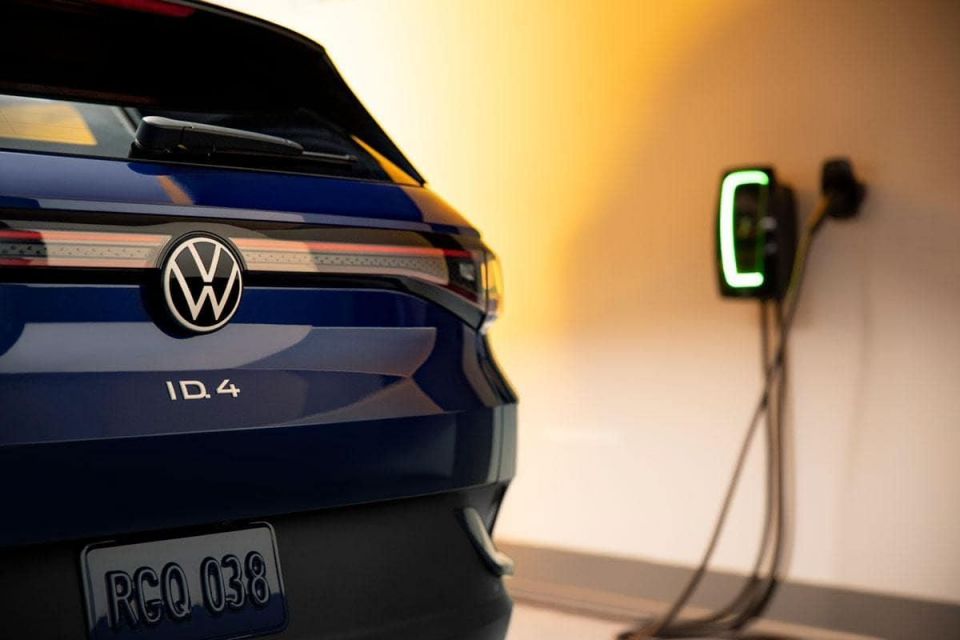

Senior Contributor
Volkswagen Group Australia, the country’s largest importer of European cars, has thrown its weight behind the Albanese Government’s promised National Electric Vehicle Strategy.
Detailed here, the driving point of the Government’s strategy is the implementation of fuel efficiency standards and a binding CO2 reduction scheme – which some carmakers (not all) insist are the key to them securing sufficient stock of EVs for the Australian market.
A discussion paper around the implementation of this policy was floated at today’s Canberra EV Summit organised by the Electric Vehicle Council, Smart Energy Council and the Australia Institute.
MORE: Dumping ground no more? Australian Government’s affordable EV push
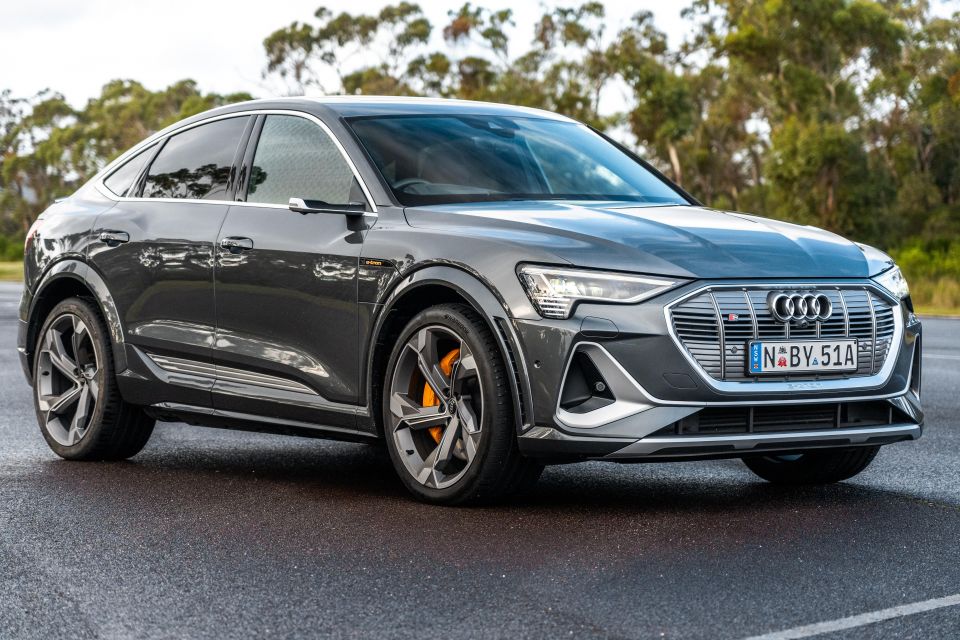
In short, many countries impose fines on car brands with per-vehicle tailpipe emissions above a certain threshold, thereby strong-arming their factories into sending more low-emissions cars their way. The lack of such a policy here is one reason why Australia has been labelled, in some circles, a “dumping ground”.
The majority of OECD nations have such a scheme or are working on one, making Australia an outlier. Cutting transport emissions is an important part of the new Government’s wider push for a 43 per cent emissions cut by 2030.
Today, Volkswagen Group Australia managing director Paul Sansom – who spoke at the EV summit alongside Climate Change and Energy Minister Chris Bowen, Tesla Chair Robyn Denholm, Atlassian CEO Mike Cannon-Brookes, and EU ambassador Michael Pulch – welcomed the development in no uncertain terms.
“Our company was to first to warn that this country would become a ‘third world dumping ground’ for obsolete auto technology. This has become a rallying cry,” Mr Sansom claimed.
“… A federally mandated emissions target for our industry is non-negotiable if Australia’s supply of electric vehicles is to grow from a trickle to a flow and thereby start to meet ever growing demand,” he added.
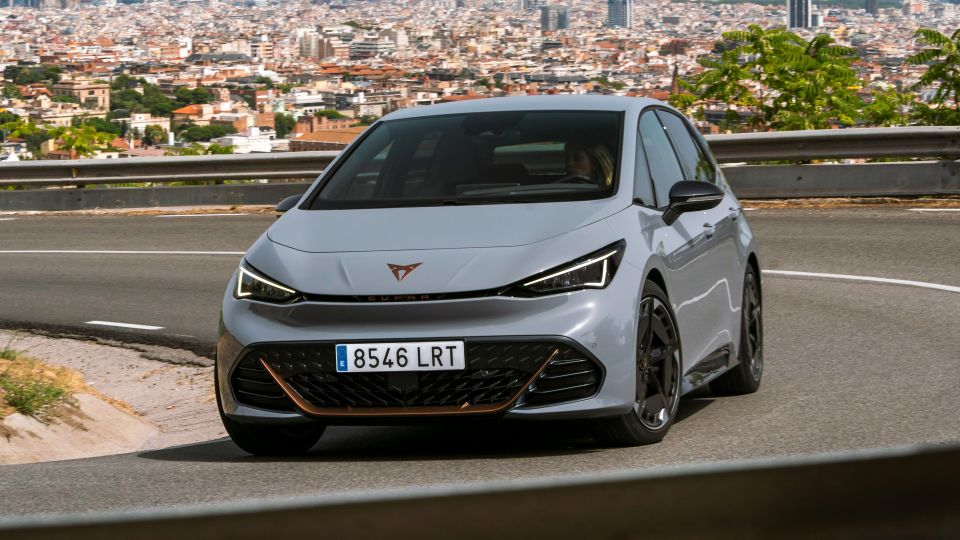
“Markets where auto makers face financial consequences for failing to meet targets are prioritised for zero emission vehicles. Volkswagen Group Australia wants binding regulations that compel our factories to consider us. Greater supply inevitably leads to greater affordability.”
MORE ON THAT: Q&A with Paul Sansom, Volkswagen Group Australia managing director
There’s some interesting subtext here.
Mr Sansom sits on the board of the EV Council, which was a co-host of the aforementioned EV Summit. He is also Deputy Chair of the Federal Chamber of Automotive Industries (FCAI), the peak body for Australia’s car brands.
The FCAI has been pilloried of late for pitching a fuel efficiency and CO2 emissions-reduction scheme that’s less demanding on its members than similar policies in Europe or the United States.
It was excluded from today’s EV Summit, despite having called for a CO2 reduction scheme for some years – albeit one viewed in many quarters as too conservative.
MORE: Australia’s car lobby accused of white-anting plans to cut CO2
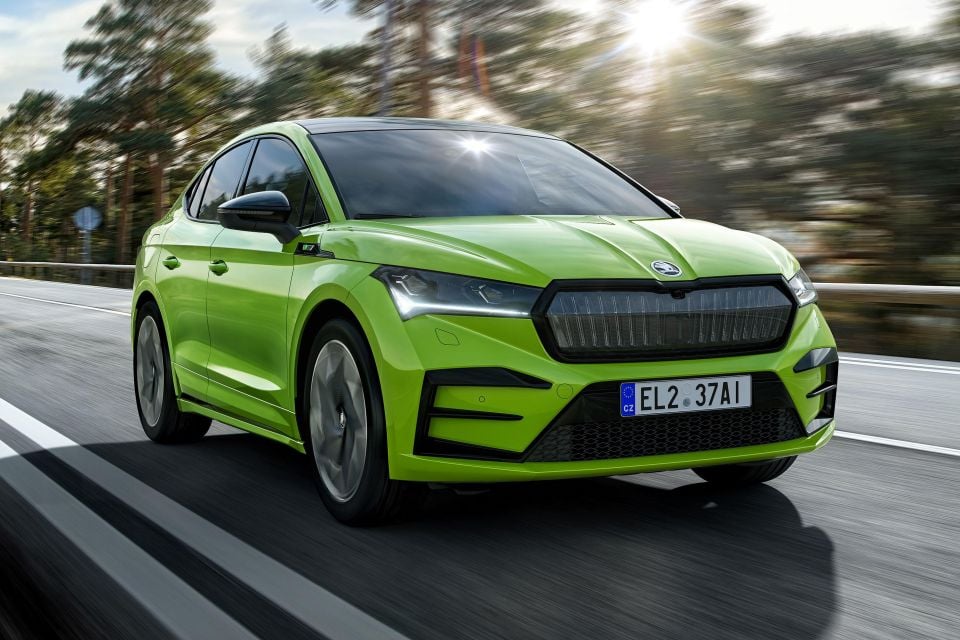
It’s also a fact that the Volkswagen Group – while saying its hands are tied by a lack of CO2 reduction targets – is far from a leader when it comes to proliferation of EVs in Australia at this stage.
It sells the expensive Audi e-tron and e-tron GT, and will launch the more affordable Cupra Born in early 2023. It also intends to open order books for the Volkswagen ID.4 and ID.5 EVs and the Skoda Enyaq iV late next year.
We certainly hope, should the Albanese Government enact fuel efficiency standards as flagged, that we might see some more low-emissions VGA products come.
As things stand, there are more than 50 EVs coming to Australia in the foreseeable future – albeit more often than not in limited supply.
MORE: All the EVs coming to Australia: Launch calendar, what’s here already? MORE: Australia’s best-selling EVs in the first half of 2022
Where expert car reviews meet expert car buying – CarExpert gives you trusted advice, personalised service and real savings on your next new car.


Andrew Maclean
5 Days Ago
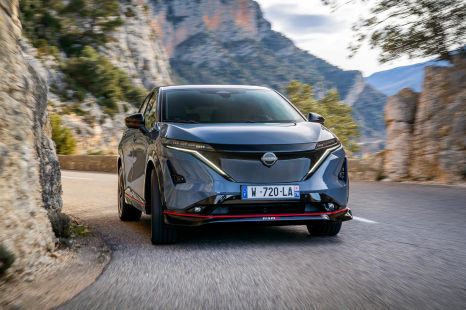

Shane O'Donoghue
5 Days Ago
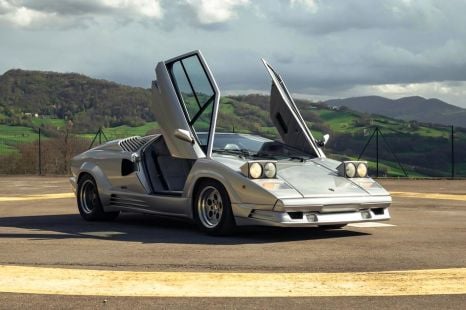

Anthony Crawford
4 Days Ago


Matt Campbell
3 Days Ago


James Wong
2 Days Ago


Max Davies
14 Hours Ago